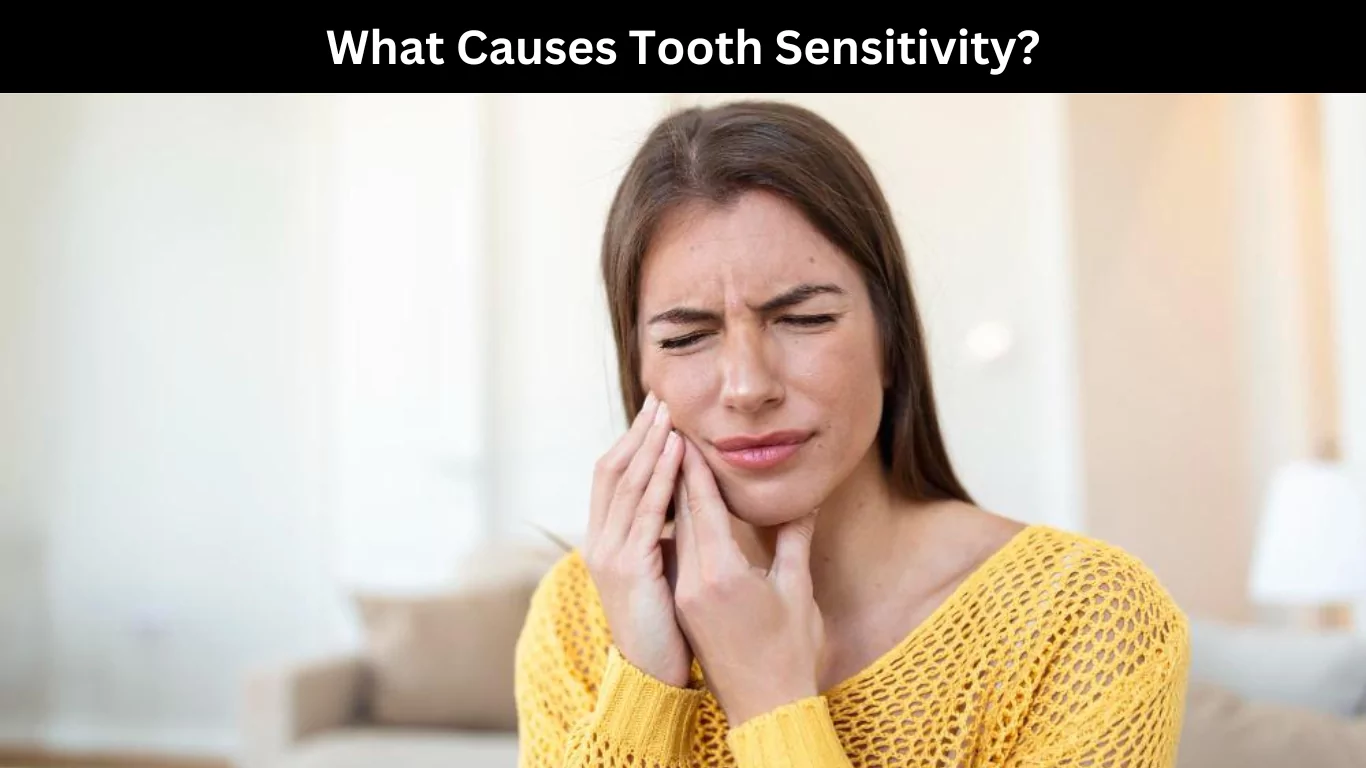There are many dental issues affecting oral health, and along with them come many uncomfortable conditions that need immediate treatment. One of the most difficult to deal with is tooth sensitivity, and there are many ways it can spring up.
Read on to understand tooth sensitivity, with a focus on its root causes and recommended remedies.
What Is Tooth Sensitivity?
Think of moments when you eat or drink something hot or cold. If you’ve ever felt a painful sensation in your teeth as you take those foods and drinks, then you’ve experienced tooth sensitivity.
In essence, it’s a dental issue marked by stimuli reaching your teeth’ nerves, causing a reaction to cold or hot foods and drinks. It’s caused by wear and tear of the dentin as well as gum recession. These cause the roots of your teeth to be left exposed.
Because the enamel doesn’t cover the roots of your teeth, they’re left vulnerable to the effects of sweet, hot, and cold food. Aside from being an issue of its own, tooth sensitivity is an indication of a dental disease such as gum disease and dental cavities. So be sure to have it checked to prevent a serious issue.
Factors That Lead To Tooth Sensitivity
Tooth sensitivity doesn’t just pop out of the blue. It’s the result of one or more factors that are allowed time to develop into serious issues. The factors responsible for tooth sensitivity include the following:
- Plaque build-up: Plaques occur when you don’t brush or floss properly, leaving bacteria to create a layer over the enamel. This leads to wear and tear as well as the creation of holes.
- Gum Disease and Recession: Another cause of dentin exposure and it creates an opening for stimuli from cold and hot meals to reach the teeth nerves, increasing tooth sensitivity.
- Acidic Foods: While foods with high acidic content are good for consumption, taking them too often can lead to enamel erosion and exposed dentins.
- Cracked Teeth: In some cases, a chipped or broken tooth will get filled by invading bacteria. When these bacteria reach the pulp, they stimulate the nerves, causing pain and discomfort.
- Teeth Grinding: When you constantly grind and clench your teeth, they become vulnerable to wear and tear. This causes tooth erosion, leaving the dentin exposed.
- Age: Age is often a factor as most individuals start experiencing tooth sensitivity the older they get. Weak and ageing teeth are also prone to tooth sensitivity.
How Do You Deal With Tooth Sensitivity?
Effective ways of dealing with tooth sensitivity include reducing your intake of specific foods and beverages. Emphasis should be placed on cutting meals that heighten your teeth sensitivity. Sweet, acidic, hot, and cold foods and drinks are the main examples.
Another practice is to improve your oral hygiene. Ensure you use toothpaste that’ll help seal the microscopic holes in your teeth. This will reduce the risk of teeth erosion and gum recession.
Finally, be sure to visit any professional dentist Dorking has to offer for a quick but thorough analysis, plus advice on useful remedies.
